
The RadComp Consortium trial showed comparable HRQOL between proton and photon therapy for patients with non-metastatic breast cancer.

Your AI-Trained Oncology Knowledge Connection!


The RadComp Consortium trial showed comparable HRQOL between proton and photon therapy for patients with non-metastatic breast cancer.

Biomarker research may better elucidate clinical benefit and identify mechanisms of resistance with tarlatamab in extensive-stage small cell lung cancer.

Researchers conducted a large registry-based analysis comparing haploidentical donors and older matched sibling donors in older patients with AML.

SBRT achieved a 5-year DFS rate of 89% vs 92% with moderately hypofractionated IMRT in patients with intermediate-risk prostate cancer.

Why do some patients with follicular lymphoma experience benefit from axi-cel while others relapse or develop severe toxicities?

The clinical adoption of twice-daily accelerated radiotherapy has been limited in North America despite improved outcomes, according to Bin Gui, MD.

Long-term data from the STARS trial affirm stereotactic radiation as a strong alternative to surgery for patients with operable stage I NSCLC.

Treatment with anito-cel shows a predictable and manageable safety profile among those with relapsed/refractory multiple myeloma in the iMMagine-1 trial.

The efficacy of TTFields was greater among patients who received immune checkpoint inhibition for the treatment of brain metastatic NSCLC.
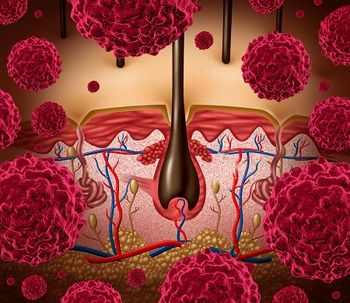
Adjuvanted imsapepimut and etimupepimut plus pembrolizumab did not yield a statistically significant PFS improvement as treatment for advanced melanoma.
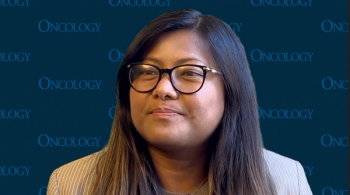
The development of multimodal biomarkers may help predict response to immunotherapy among patients with melanoma and other malignancies.
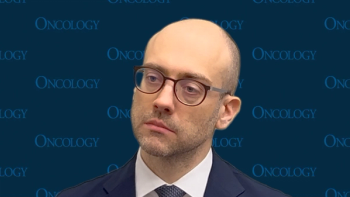
Lorenzo Falchi, MD, highlighted the phase 1b/2 EPCORE NHL-2 and phase 1 BP41072 trials as prominent trials evaluating novel immunotherapy combinations in indolent lymphoma.
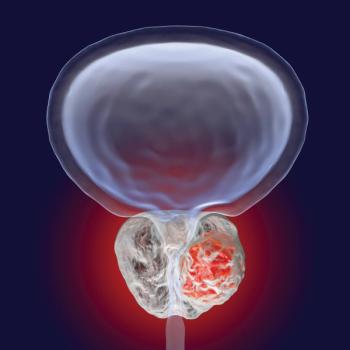
The addition of 177Lu-PNT2002 did not significantly increase toxicity in patients with oligorecurrent prostate cancer who received SBRT.

Artificial intelligence used in conjunction with clinicians may help standardize and expedite pathology workflows and reduce variability in TIL scoring.

No toxicity-related discontinuations were seen with adjuvant radiotherapy among patients with muscle-invasive bladder cancer.
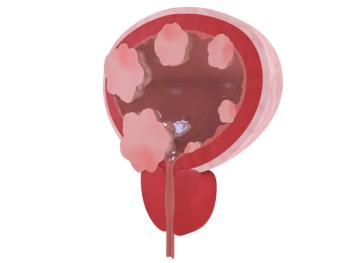
Apalutamide plus stereotactic radiotherapy may be effective for certain patients with recurrent prostate cancer following radical prostatectomy.
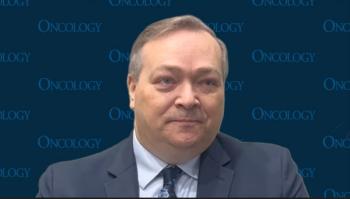
Patients with high-risk markers may especially benefit from the addition of daratumumab to lenalidomide as maintenance therapy for NDMM.
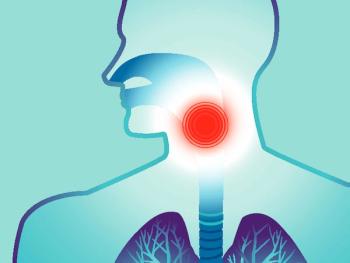
Regarding feeding tube use and weight loss, patients with oropharyngeal cancer treated with proton beam therapy or IMRT saw similar results.

In the oncology setting, having discussions about mortality and death may be daunting for patients, but is vital and inevitable.
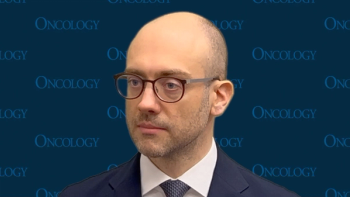
Bispecific antibodies have demonstrated adaptability and versatility when combined with immunotherapy and chemotherapy agents.
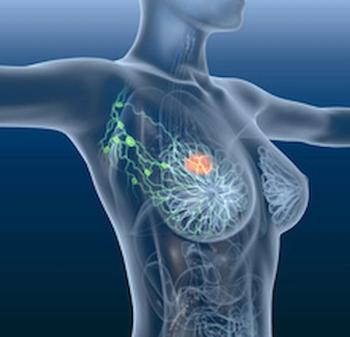
Planned interim results from the phase 3 DESTINY-Breast05 trial showed no new safety signals with T-DXd in the trial population.

The addition of certepetide to a FOLFIRINOX-based regimen was safe in patients with resectable or borderline resectable pancreatic ductal adenocarcinoma.

A machine learning method for scoring tumor-infiltrating lymphocytes may address variability in pathologist measurements.

Prospective data observed with the gemcitabine intravesical system may be superior to prior reports of other therapies in BCG-unresponsive NMIBC.

An 80% disease metastasis–free survival rate occurred in those with uveal melanoma who received a brachytherapy plaque with vitrectomy and silicone oil.

Clinical trials in small cell lung cancer appear to be more “pragmatic” with their inclusion criteria than before, according to Anne Chiang, MD, PhD.

Artificial intelligence can be used to automate genetic counseling processes and streamline a patient’s communication with relatives regarding genetic risk.

Karen Kehl shares her decade-long journey with multiple myeloma, discussing treatment options and the impact of bispecific antibodies like talquetamab with Binod Dhakal, MD.
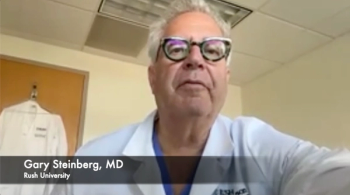
Gary Steinberg, MD, discusses the role of patient counseling and surveillance when using the gemcitabine intravesical system for BCG-unresponsive NMIBC.

An indirect comparison supports continuous therapy with zanubrutinib as a valuable treatment option in treatment-naïve CLL or SLL.